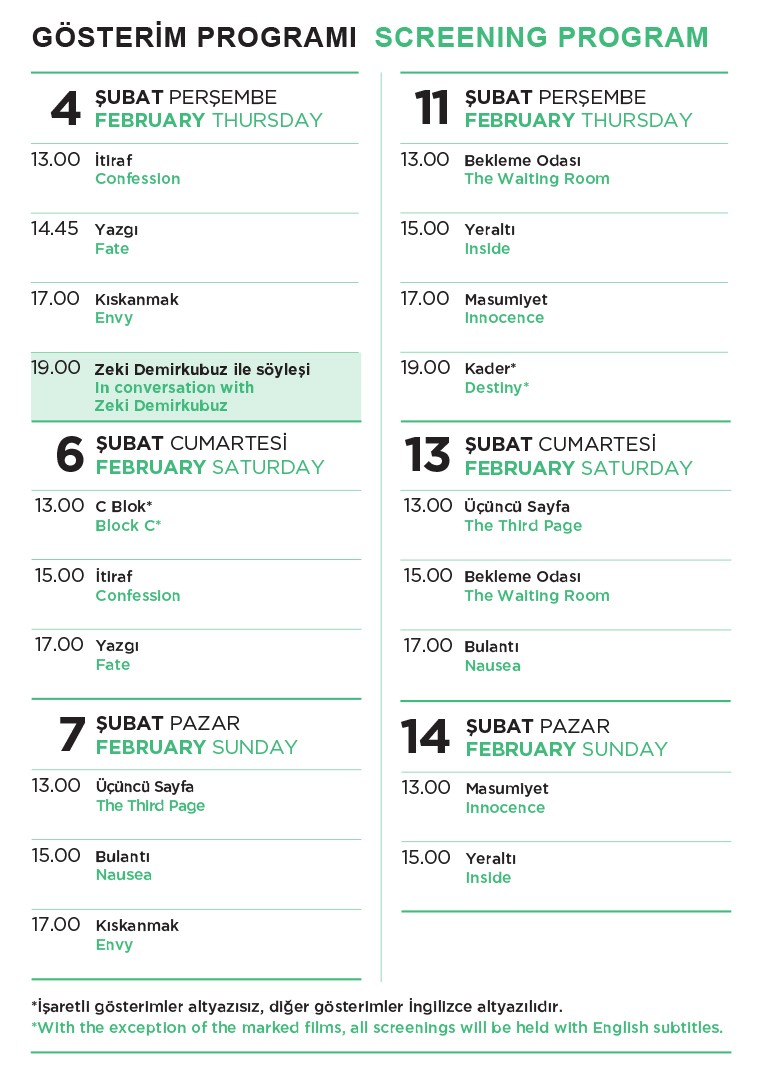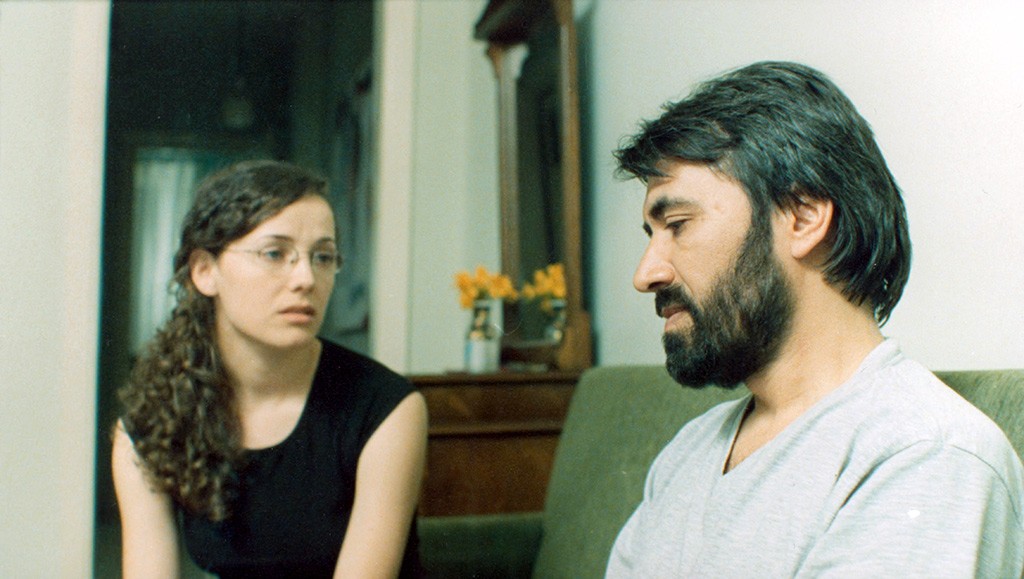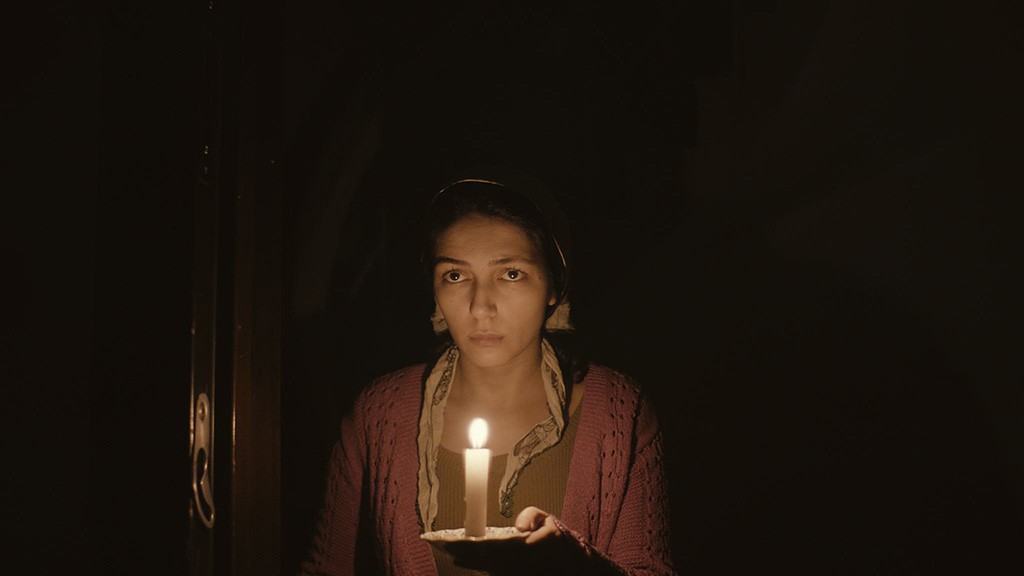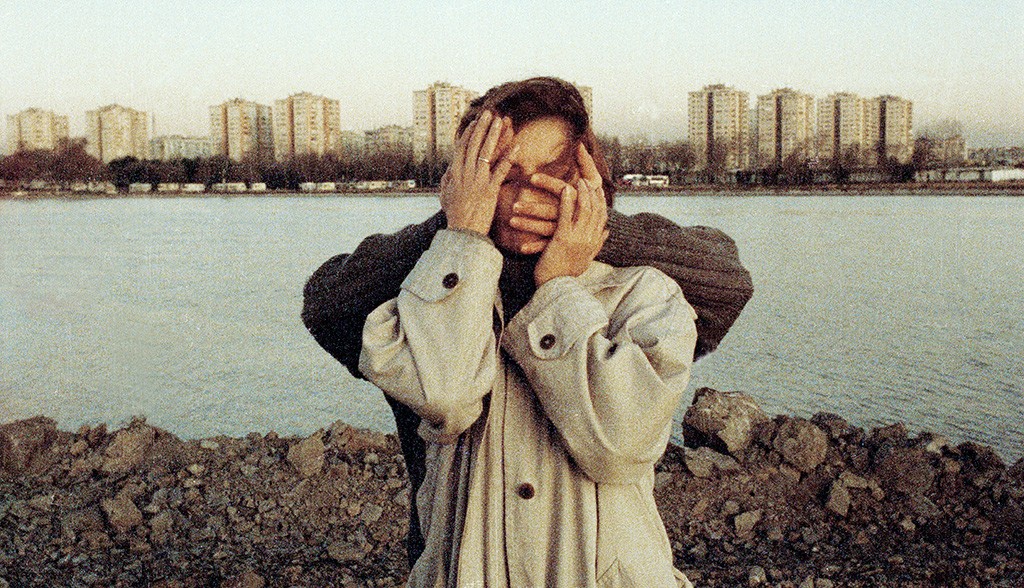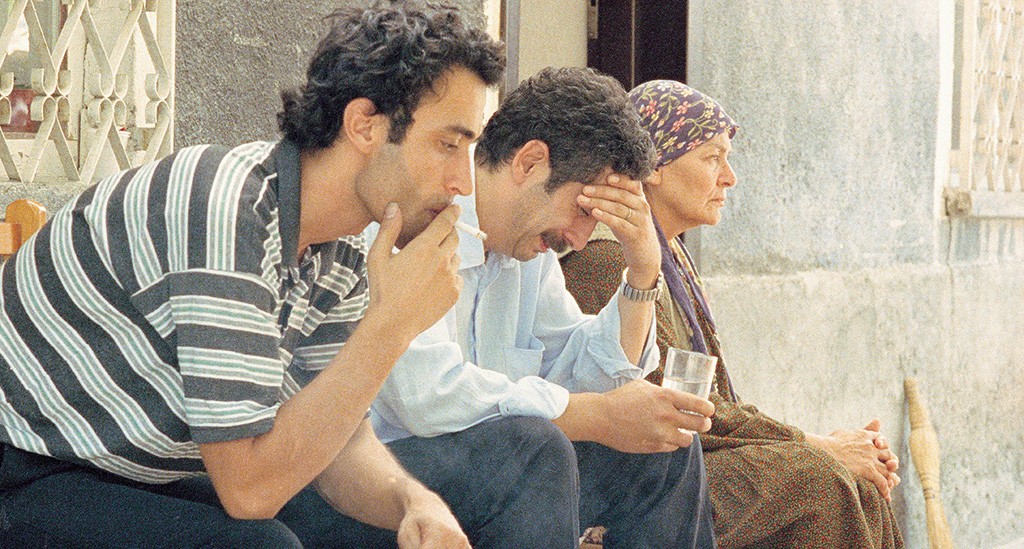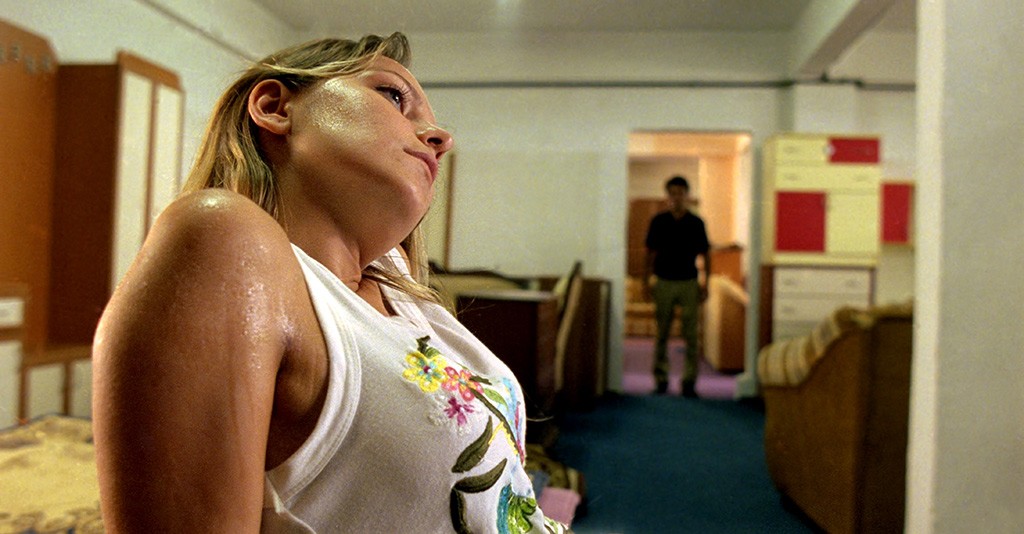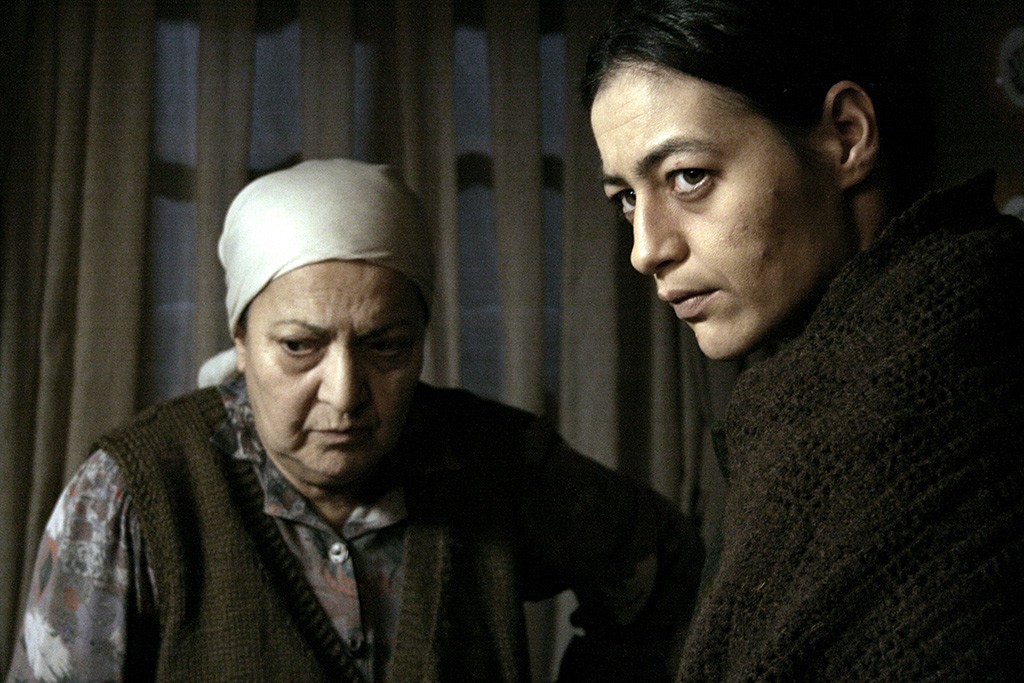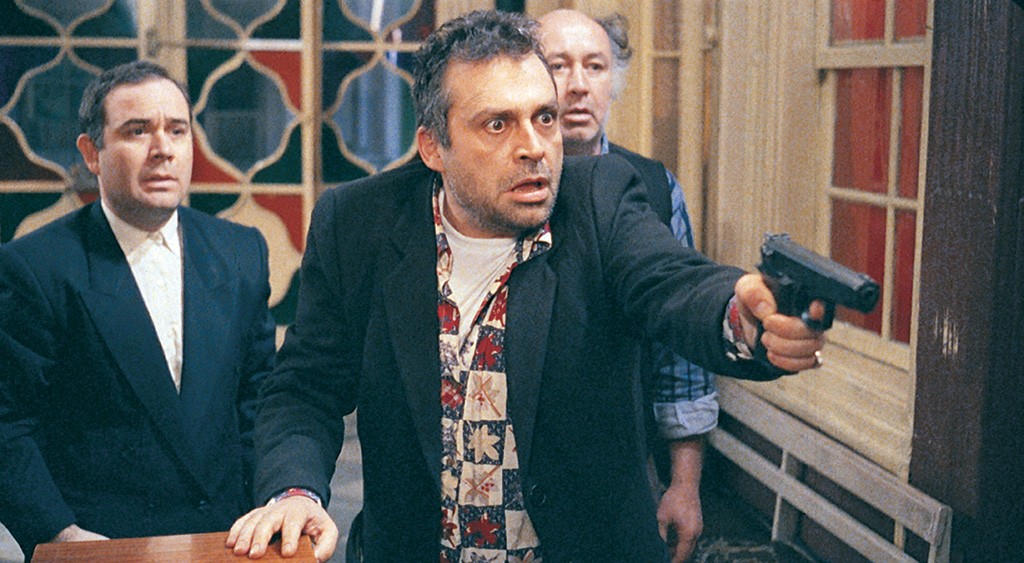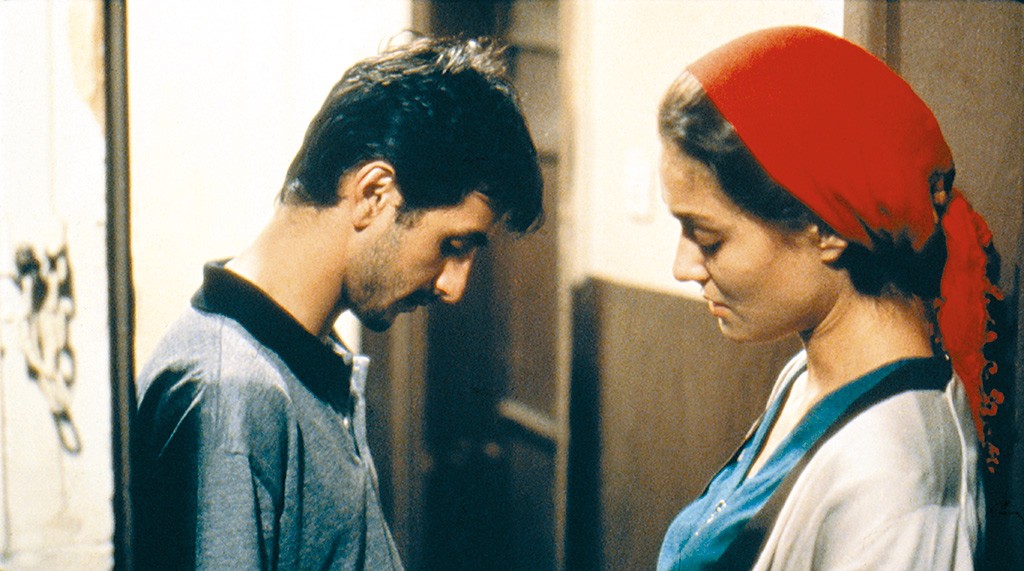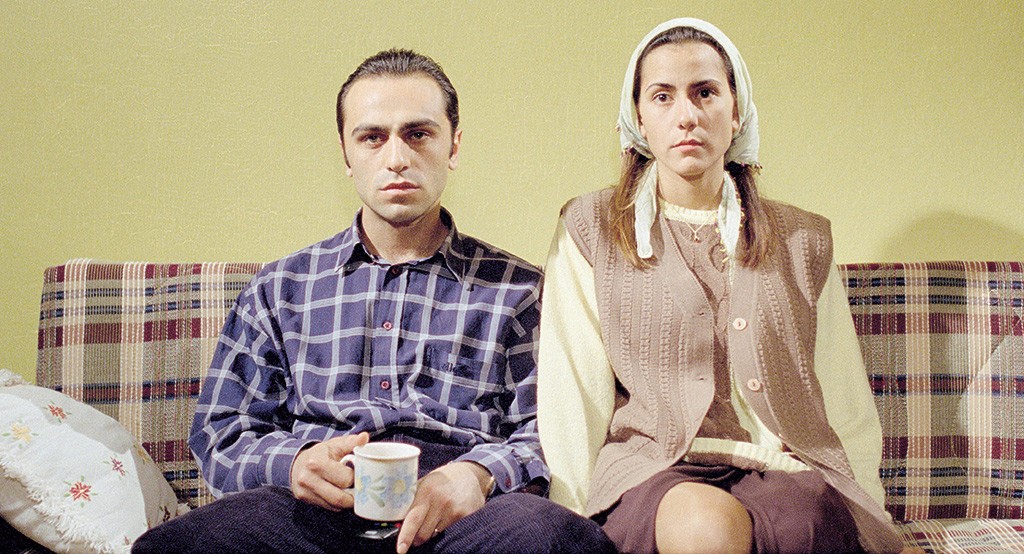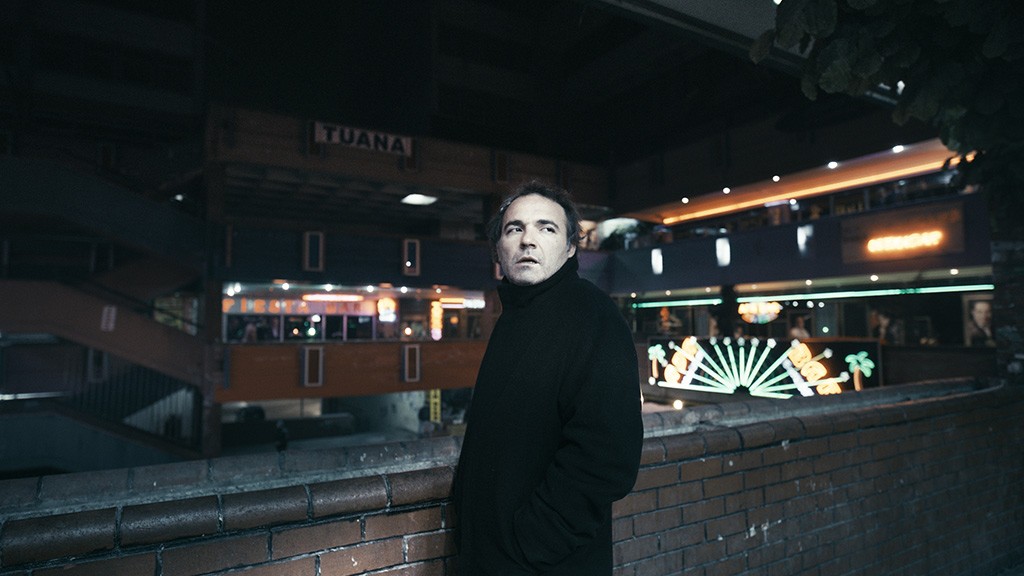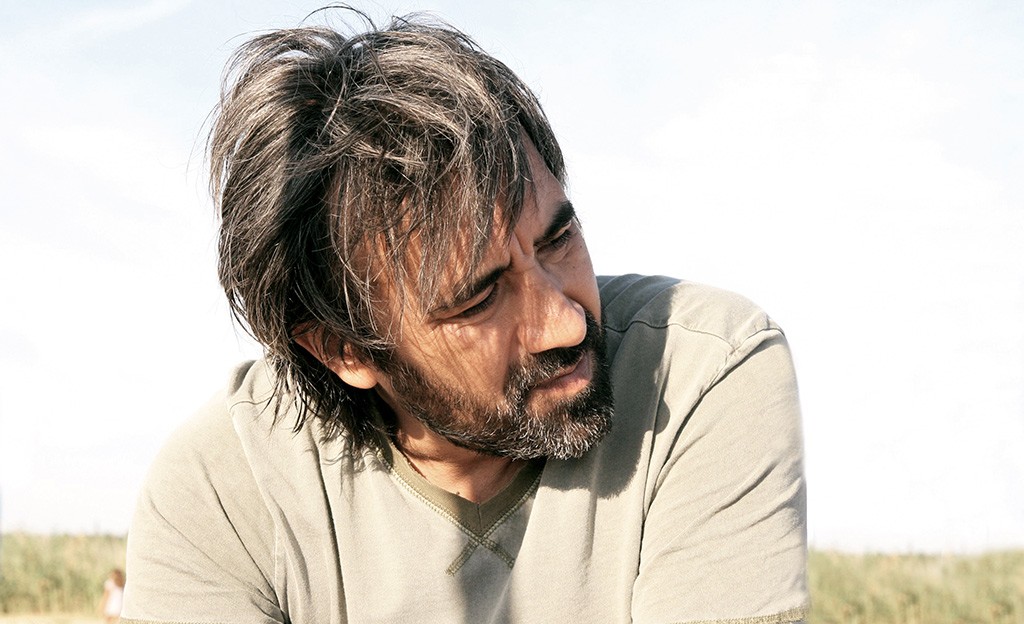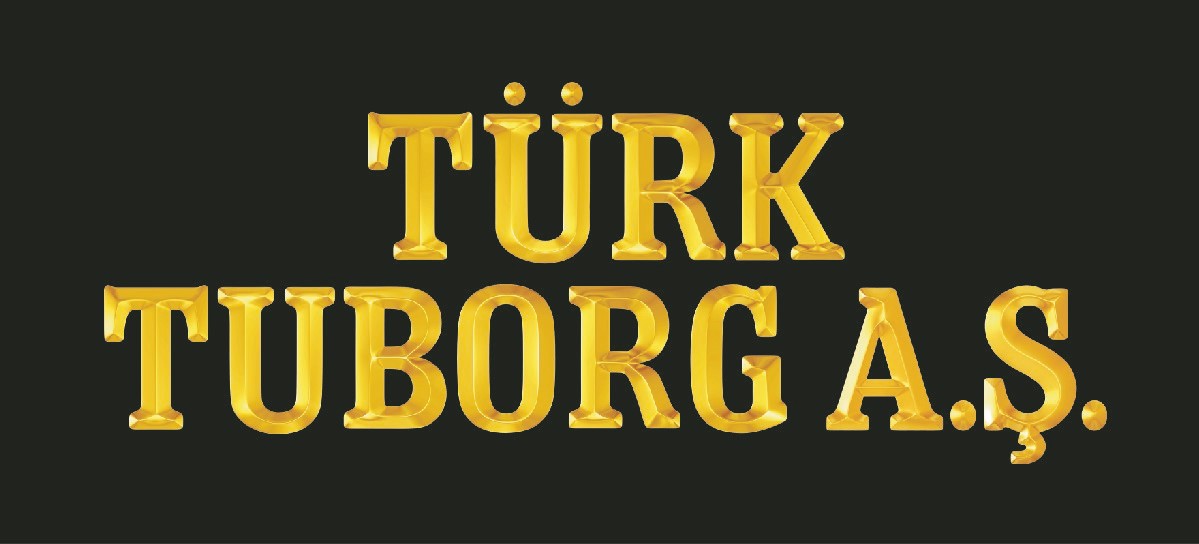Rendezvous With Directors 3: Zeki Demirkubuz
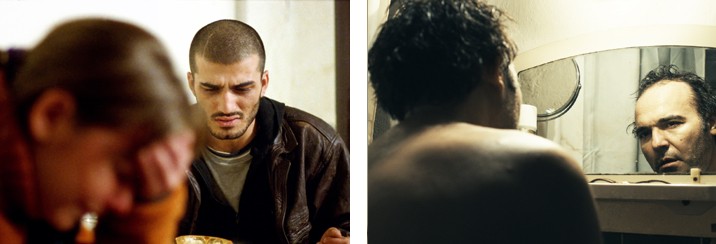
| February 4-14, 2016 Istanbul Modern Cinema continues to organize Rendezvous with Directors, a series of meetings featuring directors who stand out for their artistic identity and original approach in Turkey’s contemporary film culture. Hosting directors from different generations, the program focuses on the dynamics of present-day cinema and directors’ productions from their own standpoint. The third guest of the series will be Zeki Demirkubuz, known as one of the “auteur” directors of Turkish cinema. As part of the program, 10 films from Demirkubuz’s filmography will meet with viewers accompanied with presentations by film critics and the participation of film cast. The 135 minute long cut of Kader (Destiny), director’s 2006 feature, will meet the audience for the first time in Turkey. With the seeds of his adventure in directing sown in 1994 with C Blok and the first two parts of his trilogy “Mental Minefields: The Dark Tales”, Fate and Confession, shown at the Cannes Film Festival in 2002 under “Un Certain Regard” section, Demirkubuz represented the “dark side” of cinema by placing tradition and innovation in new Turkish cinema on a precision scale until his most-recent title, Nausea. In his cinematic experimentation, Demirkubuz narrates personal stories and creates distinctive frames that stray away from traditional cinematic forms with his intertwining narrative style; elements connoting Camus and Dostoyevsky; third page news, and themes of passion, obsession and pain syringed from within everyday life.
BLOCK C (C BLOK ), 1994 Turkey | Digital Betacam, Color, 90’ | Turkish Cast: Serap Aksoy, Zühal Gencer, Fikret Kuşkan, Selçuk Yöntem, Ülkü Duru, Feridun Koç Tulay, whose unhappy marriage is disintegrating, lives in a modern apartment complex. Halit, an employee of the complex, spies on Tulay and watches her every move. One evening, when Tulay returns home, she witnesses her maid Aslı and Halit making love in her bed. This moment would be the beginning of an unconscious search for Tulay, whose daily life gradually mixes with her perceptions and fears. “The atmosphere in Block C is reminiscent of the films of Kieslowski, which portray how civilization corrupts the human soul. We can say that the visual and contextual aspects especially of Kieslowski’s masterpiece A Short Film About Love are manifest in this film. While Zeki Demirkubuz’s later works will by far surpass his performance in Block C, in this film he hints without much restriction at the seeds from which his cinema has grown.” –Murat Özer
INNOCENCE (MASUMİYET), 1997 Turkey | Blu-Ray, Color, 105’ | Turkish Cast: Derya Alabora, Haluk Bilginer, Güven Kıraç, Melis Tuna, Yalçın Çakmak, Ajlan Aktuğ Yusuf, released from prison after having served a ten-year sentence, goes to Izmir to visit his sister. Facing past family troubles and having no other place to go, he settles down in a cheap, run-down hotel. Soon, his path crosses with that of a strange family. In Yusuf’s struggle to survive, Bekir, Ugur and their daughter, Cilem, are initially a glimpse of hope, which, later on, turns into a devastating destiny. “Following his first feature film, Demirkubuz tells the story of a group of characters who are each ‘innocent’ in their own way in a corrupt world. Innocence is based on a story that Demirkubuz wrote during a severe illness... It’s a film about dingy and damp-smelling hotel rooms, people who drink soup for breakfast, TV addicts, freshly brewed tea, cheap ‘arabesque’ songs, poor man’s rakı tables, acceptance of one’s fate, those who fear life, the sense of ‘interior space’, and those who are not afraid of being defeated or doomed; it is a film about moths and flames. And what’s more, (even but for its characters) it feels as real as if it were happening down the street.”–Talip Ertürk
THE THIRD PAGE (ÜÇÜNCÜ SAYFA) , 1999 Turkey| HDD, Color, 92’| Turkish Cast: Ruhi Sarı, Başak Köklükaya, Cengiz Sezici, Serdar Orçin, Emrah Elçiboğa, Naci Taşdöven İsa, a walk-on in movie productions, is blamed for a fifty-dollar robbery in a mafia-rooted environment. As a result, he is badly beaten and given twenty-four hours to return the money. Instead of finding the money, Isa finds a gun. He decides to commit suicide. Just when he is about to pull the trigger, the doorbell rings… “Just like in his previous film Innocence, in The Third Page Zeki Demirkubuz also tells a story of ‘misfits’, while also making a statement on cinema. Not content with simply telling a story through cinema, he presents us a story about cinema.The Third Page is above all else about the logic of stirring raw emotions the easy way, which is the common denominator of TV dramas, old Yeşilçam movies, and stories that appear on the photo-heavy third pages of tabloid newspapers; hence the title of the film.” -Tuna Erdem
CONFESSION (İTİRAF), 2001 Turkey| Digital Betacam, Color, 90’| Turkish Cast: Taner Birsel, Başak Köklükaya, İskender Altın, Miraç Eronat, Gülgün Kutlu Harun, a rich and successful engineer, finds out that his wife, Nilgun, is having an affair. At first, he is reluctant to confront her and hides what he knows. Time passes with a painfully slow pace; the uncertainty is unbearable. Finally, he decides to make Nilgun confess. The night turns out to be long. As the couple, who have been married for seven years, proceed into the darkness of human-ness, it becomes impossible for them to recognize each other. Pleading mixes with violence; tears with screams. “Demirkubuz’s success comes not only from purging cinema of its ‘artifices’, but also from producing a brilliant example of minimalist cinema... Setting aside almost all the possibilities offered by lighting, music, and editing and using only his camera, he directly reflects in his films the expectations, difficulties, outbursts, and tensions in life. Instead of a structure in which he would establish, develop, then solve the conflict, he prefers one with several beginnings and endings and several sharp turns. He virtually attempts to tell not just a slice of life but the entirety of a life.” - Uygar Şirin
FATE (YAZGI), 2001 Turkey| HDD, Color, 120’| Turkish Cast: Serdar Orçin, Zeynep Tokuş, Engin Günaydın, Demir Karahan “As a film-maker, what attracts me mostis the dark side of human nature” says Zeki Demirkubuz who loosely based Fate on Albert Camus’s novel The Stranger. The film tells the bizarre, nonsensical story of an individual who feels guilty without reason and refuses to exercise his will. “(...) In one aspect, Fate is a film about Musa’s extremely monotonous and boring life... It’s a film about an unusual character who lives in a modest apartment, who works in a boring office by day and blankly stares at the television in the evening, wakes up to construction noise in the morning, stares out the window when bored, and observes the objects in the room while people are talking... It is doubtless no coincidence that Demirkubuz shows over and over again Musa entering and leaving his apartment, opening squeaky doors, and turning on the light. It would be difficult to understand Musa without understanding the tedium of everyday life.”– Mehmet Açar
THE WAITING ROOM (BEKLEME ODASI), 2003 Turkey |HDD, Color, 92’ | Turkish Cast: Nurhayat Kavrak, Zeki Demirkubuz, Nilüfer Açıkalın, Serdar Orçin, Ufuk Bayraktar Ahmet is a film director, considered by others to be an idealist and as someone who lives for his principles. He considers himself to be an arrogant non-believer. Ahmet wants to adapt Dostoyevski’s Crime and Punishment to film. Feeling groundless indifference towards his film project and his lover, Serap, he lives like a hermit in his apartment. As events develop, his assistant, Elif, is doing pre-production work for the film and searching for an actor to play the novel’s protagonist, Raskolnikov. “(...) it is about the existence of a man who does notspare from others his ruthlessness and indifference toward life and himself. A man who has no expectations from others and does not feel the need to give something in return to what he is offered without being asked. Up till now Demirkubuz only made brief cameo appearances, this time he plays the leading part. However much he claims that the film is not autobiographical, those who know him well enough cannot help but draw parallels.”– Yeşim Tabak
DESTINY (KADER), 2006 Turkey | 35mm, Color, 135’| Turkish Cast: Ufuk Bayraktar, Vildan Atasever, Engin Akyürek, Müge Ulusoy, Ozan Bilen Destiny tells the story of the younger years of two characters we met in Innocence (1997), the director’s second film. Bekir falls in love with Ugur. Ugur is in love with Zagor, who can’t seem to stay away from trouble. Zagor is arrested after getting involved in the murder of two police officers. Initially, this event gives some hope to Bekir, but it turns out to be the beginning of an incurable illness in the pursuit of merciless love that would last for years. As Bekir follows Ugur like a stubborn dog in run-down hotels, marijuana parties and seedy nightclubs, love grows with pain, poverty, tears and evil. “In his cinema, Zeki Demirkubuz often lays emphasis on the feeling of ‘guilt’. Throughout history, humans have felt guilty about what they have and have not done. Moreover, according to mythology, the reason they are sent to Earth is because they have committed a crime. Therefore, the feeling of guilt, which began with the first human, has never stopped haunting the human race throughout history. Bekir, Uğur, Yusuf, and Zagor are all up to their necks in crime and sin. Zeki Demirkubuz’s protagonists are evil, criminally inclined, and inherently sinful. Evil lies deep, not only in the protagonists of Destiny and Innocence, but also of Fate, Confession, and The Third Page. Often, conscience is not enough to eliminate this evil. One of the reasons the story told in Innocence and Destiny seems so rough and emotional to their fans is perhaps the direct and indirect relationships the protagonists establish with all these religious and legendary subjects. Therefore, it becomes meaningless to question the story’s relationship with reality. (...) One of the secrets why Innocence and Destiny are good movies is perhaps that they tell about a kind of ‘otherworldly love’ that transcends time and space.” – Şenay Aydemir
ENVY (KISKANMAK), 2009 Turkey| HDD, Color, 96’|Turkish Cast: Nergis Öztürk, Serhat Tutumluer, Berrak Tüzünataç, Hasibe Eren, Serdar Orçin It’s the 1930s. The Republic Day Ball is in progress in Zonguldak, a coal mining town in Turkey. Among the invited guests are the newcomers to this small and boring town: Halit, a mine engineer; his gorgeous wife, Mükerrem; and Halit’s sister and unwanted household member, Seniha. When Nüshet, whose father is the richest man in town, asks Mükerrem for a dance, Seniha, who has been watching them from a dark corner, immediately realizes that Mükerrem will not be able to resist the incredible (and feminine) beauty of this young man. At the same moment, she also knows that God would lift her up from the place where she has long surrendered to a fate of ugliness, to a place where she would be the one who determines the destiny of beauty. “Do you realizethatwith Envy this is the first time that [Demirkubuz] takes us this deep into the female soul? Previously, we only looked at them from behind the shoulder of the main male protagonist. The film is different from its predecessors in this aspect as well. Envy is the story of two women, one of which has subjected herself to male domination and the other to male passion. Halit is a mere bit player in this story. If you see Envy as a film that attempts to read the minds and hearts of two women, some pieces may fall into place more easily.” – Burçin Yalçın
INSIDE (YERALTI), 2012 Turkey | DCP, Color, 107’| Turkish Cast: Engin Günaydın, Nergis Öztürk, Serhat Tutumluer, Nihal Yalçın, Murat Cemcir "Unless he is ruthless with himself, a wise man can have no pride." In this film loosely adapted from Dostoyevsky’s Notes from the Underground, Muharrem pressgangs his old friends into inviting him to dinner, no matter that he hates and is hated by them. The dinner starts off with a few harmless gibes and trivial shows of bravado; but as time wears on and heads become fuddled, the conversation progresses steadily into the inglorious past. Old grievances come tumbling out into an ugly showdown.As the night becomes charged with tears, anger and regret, the outrage spills onto the dark streets, into sleazy hotel rooms. Although they’re in league and he’s on his own, Muharrem has made up his mind. Either the filth is cleaned up that night or he dies. Otherwise he’ll never be rid of this sense of shame. “Inside is a film in which humiliation (and the perverse pleasure derived from it) and a virtually ‘gourmet’, rat-like feeling of contemptiblenessare meticulously adapted to our day. (...) Another film might have wanted to pull its protagonist from out of the pit into which he had fallen. However, Inside is not about humaneness but the pit itself. I do not know of another film in Turkish cinema that spreads the ‘pit’ across the social perspective with such honesty, ardor, eagerness, irony, and artistic gusto.”– Fatih Özgüven
NAUSEA (BULANTI), 2015 Turkey |DCP, Color, 116’| Turkey Cast: Zeki Demirkubuz, Şebnem Hassanisoughi, Öykü Karayel, Çağlar Çorumlu, Ercan Kesal Ahmet, a prominent intellectual, lost his wife and daughter in a traffic accident which happened while he was spending the night with his lover. As a person who cares about nothing and bows to nothing, Ahmet is not much affected by this tragic event and goes on with his life. After a while, without any apparent reason, he experiences certain changes in himself and his life. Small mishaps, strange misfortunes happen one after another. He is not on good terms with the woman he loves very much anymore. He has difficulties facing life and reveals unexpected weaknesses. “[Nausea] tells about Ahmet, an intellectual academic who is quite well-off, an individual who acts as though he’s ‘never felt’ a personal pain and ‘prefers not to remember’ it, in a society that acts as though it has ‘never felt’ a social pain and prefers not to remember it. (...) Demonstrating excellent craftsmanship as a screenwriter, actor, and director, Demirkubuz plays the lead once again after The Waiting Room. Nausea is a finely-woven, well-structured film, from its long shots to its close-ups, and including its lighting, cinematography, dialogues, music, and directing of actors.”- Tunca Arslan | CINEMA SPONSOR |

